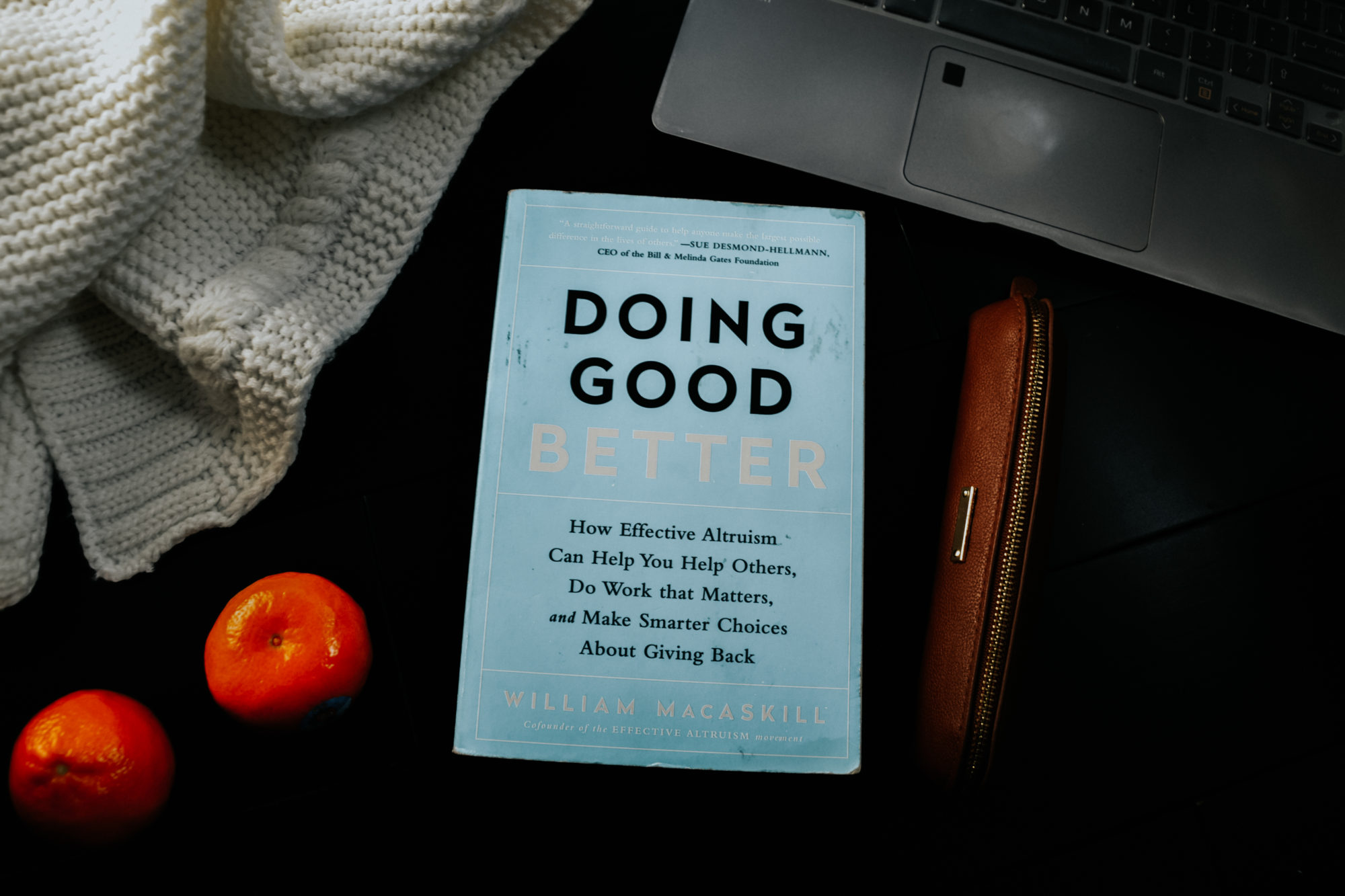This series gave us insight into the avocado industry – its history in the U.S., the environmental impact it has on the Michoacan State, and how workers within the industry are impacted. It is important to know these details about the industry, but how can we use our power as consumers to positively impact the industry?
Here are three things you can do to be a more mindful avocado consumer:
1. Find alternatives
We all know that avocados are a great source of potassium, monounsaturated fats, copper and fiber. They promote healthy eating while also being tasty. Despite these health benefits, as a consumer it is important to be mindful about how much avocado you are consuming. The reason why places like the Michoacan State are environmentally damaged is due to the high demand for avocados in countries like the U.S. This is not to say that consumers should completely rid their diet of avocados. The industry’s workers and wages still depend on buyers.
Instead of having avocado toast everyday, for instance, try finding alternatives. You could try mashed banana or almond, cashew or peanut butter on toast instead. Instead of having an avocado-base to guacamole, try pureeing edamame. If you’re just looking for healthy snack alternatives, chia seeds and hummus are the way to go!
2. Shopping locally
In terms of avocados, shopping locally will help decrease the avocado’s carbon footprint. According to Carbon Footprint Ltd, two avocados have a carbon footprint of 846.35 g, which is three times that of a large cappuccino with cow milk (235 g). Avocados are constantly shipped from Mexico to California and then transported to other areas in the U.S., so the carbon footprint of avocados will ultimately increase depending on where you live.
To decrease emissions and help the environment, consider shopping locally. This practice is always beneficial, including stimulating the local economy and having autonomy as a consumer. Local products are also known to be fresher, as there is less travel time and distance needed for the produce to get into consumer hands. According to Brian Halweil, a leading expert on local food solutions, “The closer you are to food you buy, the more control you have over how it’s grown and its landscaping.”
3. Practicing Ethical Consumerism
The U.S. imports much produce from Mexico from production plants that mistreat their workers. Workers receive incredibly low-pay, work in terrible environments surrounded by polluted water and pesticides for many hours with practically no breaks. The avocado industry is also increasingly controlled by cartels and gangs and continuously threatens the lives of many laborers.
We as consumers hold the power in the market. Money talks, and we ultimately have purchasing power. If we demonstrate with our dollars that we care about how the market operates and how workers are treated, the production of fruits like avocados will change. Ethical consumerism is just this – consumers shopping with the mindset of choosing products that are ethically sourced, made, and distributed.
How do you know if something is ethically produced? Any product that is certified from Fairtrade, Rainforest Alliance, or UTZ is considered ethically sourced. Organic standards themselves don’t guarantee that workers are receiving liveable wages or working in safe environments. Ensuring that the product that you buy is certified is the most sustainable choice that positively impacts both workers in the industry AND the environment!
Remember that as a consumer you hold the utmost power to create change in not only the avocado industry, but any industry. Markets cannot exist without the forces of supply and demand driving them. If you love your avocados, keep eating them. Just be mindful of the impact you could be having on the environment and the workers growing them when you are purchasing them. In short, find alternatives when you can, shop locally, and ALWAYS practice ethical consumerism.
- The World’s Green Gold: Part IV - October 25, 2021
- The World’s Green Gold: Part III - October 18, 2021
- The World’s Green Gold: Part II - October 13, 2021
